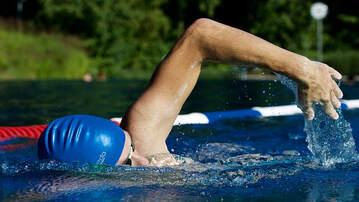|
We are proud to be a bilingual, inclusive clinic.
|
Hours of Operation
Mon-Thur: 7:30am - 7:30pm Fri: 7:30am - 6:00pm Sat/Sun: Closed 1185 Bank Street
Ottawa ON K1S 3X7 Expert care in the Glebe & Ottawa South. Free parking available! |
|



 RSS Feed
RSS Feed



